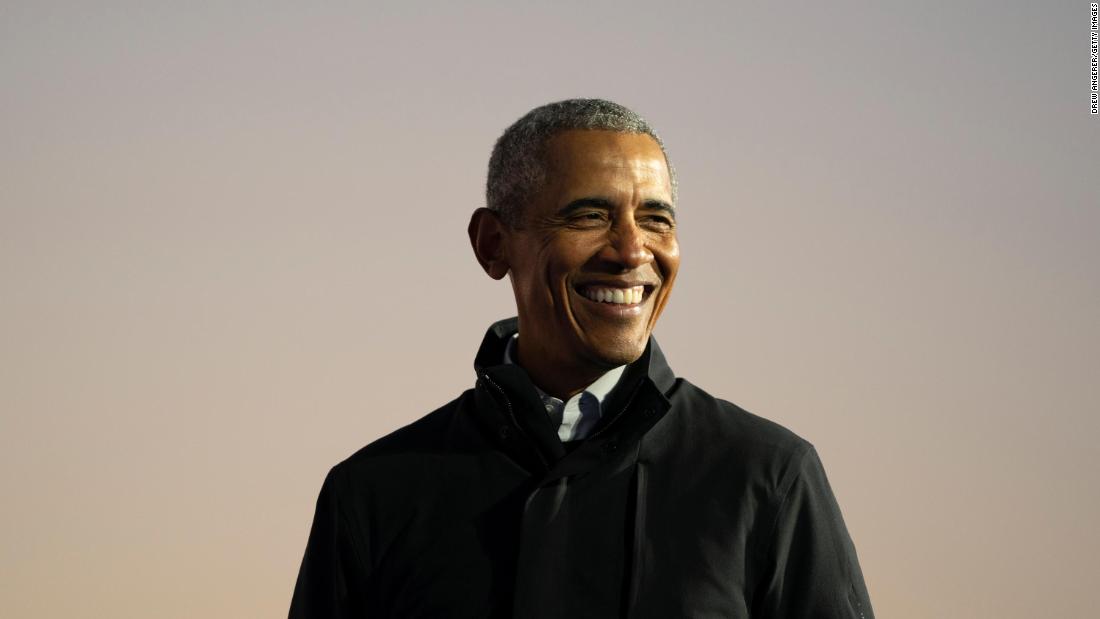The health care legislation was, without question, at the center of major losses in the 2010 and 2014 midterm elections for the Obama’s party. The first midterm of Obama’s presidency resulted in Democrats losing the House majority. The second resulted in the loss of the party’s Senate majority. (And that’s not even dealing with the massive setbacks those two elections delivered to Democrats at the state and local level.)
Put simply: public perception of the ACA changed — drastically.
That first poll found that 46% of Americans had an favorable opinion of the law, while 40% saw it in an unfavorable light.
That popularity didn’t last long. Throughout the mid 2010s, the law was consistently unpopular. In October 2011, 51% viewed it unfavorably, compared to 34% who viewed it favorably. By July 2014, the unfavorable number was at 53% while the favorable number was at just 37%.
During much of this time, Republicans ran on a platform that put repealing and replacing the ACA at its core. Republicans were never quite able to actually make that happen — and it was never clear what their replacement plan would have been anyway.
Then, gradually, something that seemed very odd began to happen: The ACA started to get steadily more popular.
By February 2017, 48% of Americans had a favorable opinion of the law, compared to 42% who held an unfavorable view. The law only got more popular from there. By February 2018, 54% saw the law favorably, while 42% saw it unfavorably. In Kaiser’s latest polling on the ACA from March, 55% of respondents had a favorable opinion of the law, compared to 42% who saw it unfavorably. (The last time more Americans viewed the law unfavorably than favorably in Kaiser polling was December 2016.)
What happened? Well, two things:
1. People got used to the law, which amounted to the largest shakeup in the health care system in decades. Popular features like ending of discrimination based on pre-existing conditions won out.
2. Obama left office. What became clear over the lifespan of polling on the ACA is that it mirrored Obama’s approval rating. Obamacare was so knit to the President in the minds of most Americans that however they thought about him largely determined how they thought about the law.
All of which means that what the ACA means to the average person today is hugely different than what it meant 12 years ago when Obama signed it into law. And why Obama, who watched the ACA cost him and his party the House and Senate majorities, is coming to the White House Tuesday for a (much delayed) victory lap.





More News
Billionaire Plans Dive to the Titanic in a Newly Designed Submersible
Haiti Names New Prime Minister to Try to Lead Country Out of Crisis
Israel Pushes Into Rafah as Displaced Palestinians Search for Safety